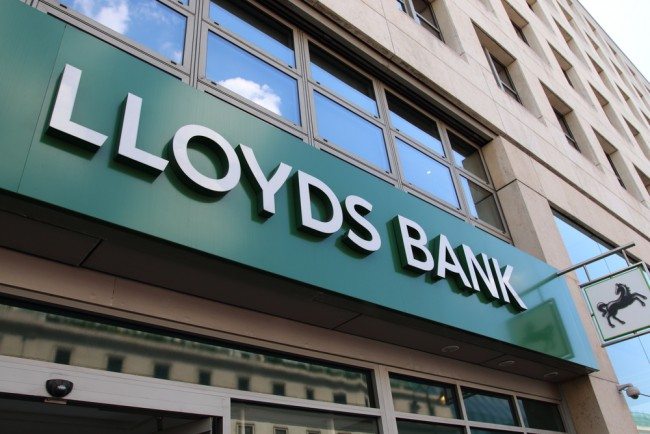The Government has now recovered more than £18bn, the lender said, as it continues to reduce its stake from the 43 per cent it held after rescuing Lloyds with a £20.5bn bailout during the financial crisis, the Telegraph reports.
UK Financial Investments, the body that manages the taxpayer’s stake in Lloyds, was forced to stop selling shares earlier this year due to stock market volatility, but resumed the process of returning the lender to private ownership in October.
“Returning Lloyds to the private sector and recovering all of the cash the taxpayer injected into the bank during the financial crisis is a priority for the Government,” said Philip Hammond, the Chancellor of the Exchequer.
“Confirmation that we are no longer the largest shareholder in the bank and that we’ve now recouped over £18bn for UK taxpayers is further evidence that we are on track to recover all of the £20bn injected into the bank during the financial crisis.”
The Treasury said all proceeds from the sales are used to reduce the national debt.
The Government’s stake had initially been reduced through two institutional placements in 2013 and 2014 before a trading plan introduced in December 2014 brought it down to around 9 per cent in 2015. The stake was trimmed to just under 8 per cent in November last year.
Antonio Horta-Osario, chief executive of Lloyds, said: “Today’s announcement that the UK Government is no longer our largest shareholder is a key milestone in the journey of Lloyds Banking Group back to full private ownership, returning taxpayers’ money at a profit.
“It also reflects the hard work undertaken by everyone at Lloyds over the last five years to transform the group into a simple-low-risk and customer-focused bank that is committed to helping Britain prosper.”
The reduction of the Government’s stake leaves US investment firm Blackrock as the biggest shareholder in the lender, according to data compiled by Bloomberg.


